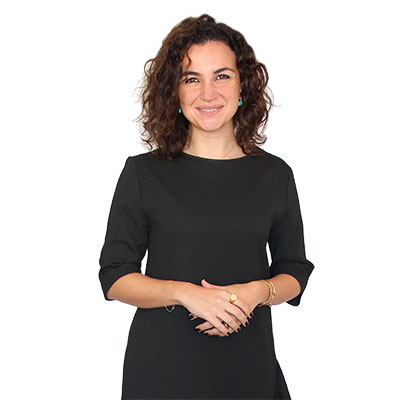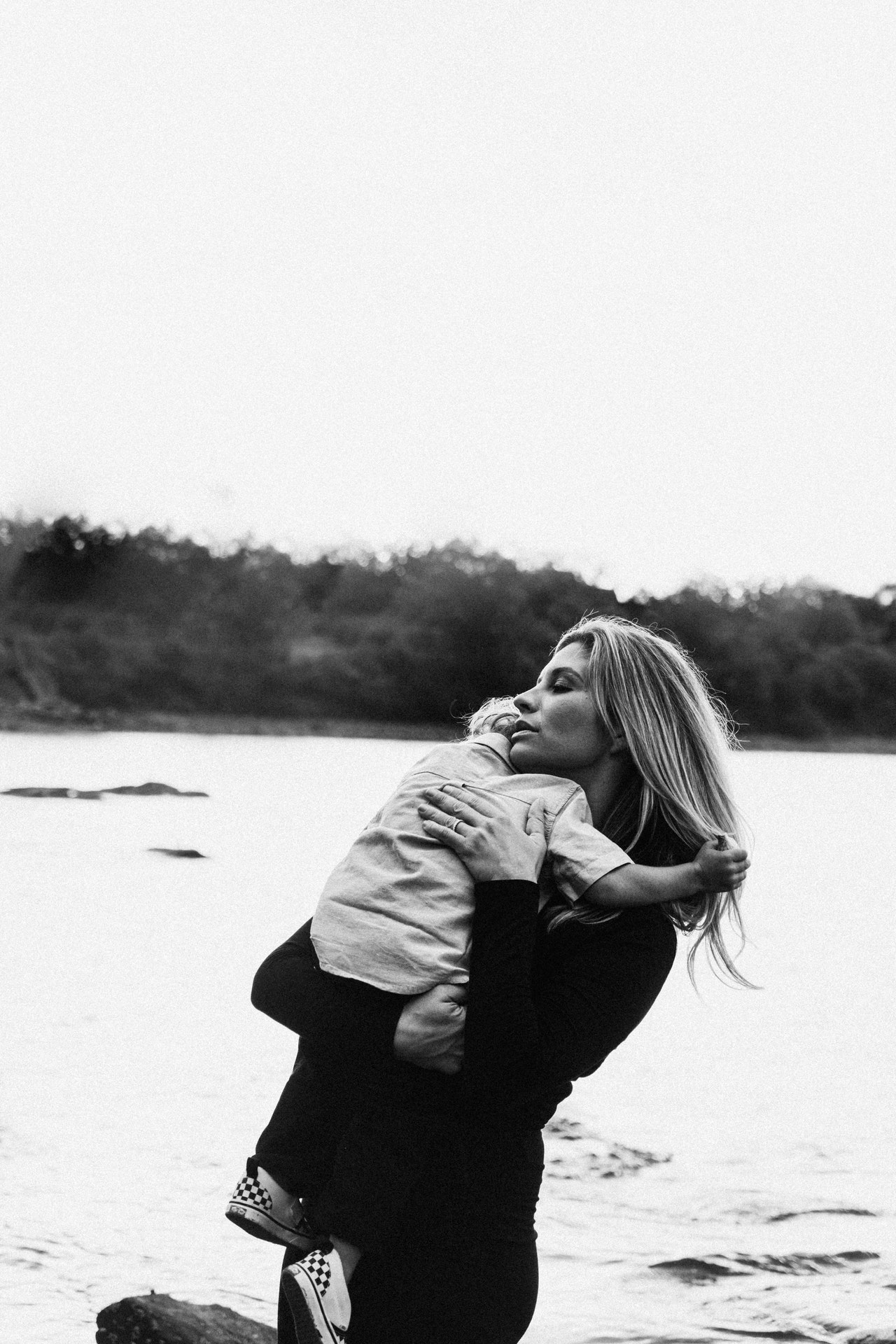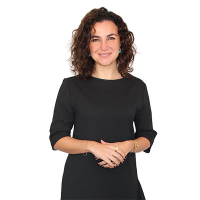How many times have you sat and thought, “I wish I could have a conversation with my younger self and give my inner child, teenager, or young adult some advice?”
What advice would you have given? I believe most of us would probably give the valued advice to focus on our own worth, follow our dreams, and be true to our essence.
For me, I would have taught the younger me how to self-reflect and be able to understand the importance of accepting my uniqueness. Recognising many of us may have had the same wish to converse and advise our younger personalities, my sisters and I went so far as to set up a foundation called Kyan in an attempt to bridge the gap between youth and knowledge.
Kyan Foundation was born as my sisters and I grew into ourselves. We discovered that both education and parenting moulded our personalities, determining how we relate to ourselves and the world around us. With this notion in mind, we chose to apply our own learnings to the way we parent our children—by way of an essence-led lifestyle designed to enable a relationship with our children that allows for awareness, emotional agility, and the ability to remain true to “self” (or their essence) at every moment of their day.
It is a way of life that compels parents to foster openness, curiosity, kindness, and self-reflection. It requires a special sense of resilience that is present in a deep desire to transform behaviours and mindsets. It is an ever-changing journey that brings with it serenity, joy, and fulfilment.
I’ve gone through significant challenges in my own life (as everyone has), but I’ve chosen to rise above them and learn from them by adopting a growth mindset. I am now comfortable, to a certain degree, in my own skin.
However, the feelings of being “not good enough” still emerge from time to time. I’m sure a lot of you identify with that. I haven’t entirely understood the “how-to” formula of full self-acceptance and self-love. Somehow, as women, I feel that we place a lot of pressure on ourselves with all the different roles we choose or feel compelled to play in our everyday lives.
I would like to emphasise the relationship we foster with ourselves is an important one, since it is our conditioning that we so often project onto the relationship we have with our children. For instance, no one is born with an innate self-critic; the inner chatter is developed as we grow from the messages to which we may be exposed in our homes, in the classroom, the media, or on the playground.
I think my own biggest struggle has been the relationship with myself—in finding the courage to be true to myself. The inner struggle with negative self-talk, my own unrealistic expectations, and the need to be perfect at everything in every way. The good news is that all that chatter can be unlearned; I try to let go of those feelings constantly, and conscious living is definitely what has had the biggest impact on my life.
For instance, if my two-year-old is having a tantrum, I wouldn’t respond by yelling. Our essence-led parenting would call for me to pause and bring my focus to the present moment. I would then observe what I am feeling as my child is having a tantrum, and then reframe the experience to match a life skill I would want my child to foster in the future.
On the other hand, my 14-year-old finds time management a challenge. This is something I can help her with. When she is late for an appointment or an activity, I do not remind her that she shouldn’t be late. She needs to experience the consequences of her tardiness and take ownership of her schedule. I ask her what she can do to be on time next time, or find out whether she wants to be on time.
We then create a solution together, and she is far more likely to take responsibility for her mistake and not repeat it. This takes practice, and it may take a few times before the teaching sinks in—this is a journey. Mindful parenting means accessing who you are authentically, coming from a space that is life-affirming to the child. Communication and co-creation are key.
As such essence-led parenting starts with us as individuals, we must start nurturing ourselves and the most influential relationships we have—the one we share with our children. Connect with yourself. Be fully aware and present in the moment to allow yourself to gain perspective on how you can turn parenting challenges into learning opportunities. Try to notice the emotional triggers that lie behind the attitude you have toward your child’s behaviours and how that affects your family dynamics.
Creating rapport, active listening, assertive communication, and giving yourself the time and space to plan meaningful conversations with your family fosters respect. Inclusion, co-creation, and love create a healthy family ecosystem with a growth mindset. Speaking from the heart without judgement creates trust and adds value to the relationship. If I can ask you to do one thing for yourself and your children today, it’s to take one element of this passage and do something that you feel really connects with you.
Keep in mind you are your child’s most positive and powerful role model. Every day presents an opportunity to make a difference in your child’s life. The world we leave to our children depends on the children we leave in the world.

~


 Share on bsky
Share on bsky





Read 0 comments and reply